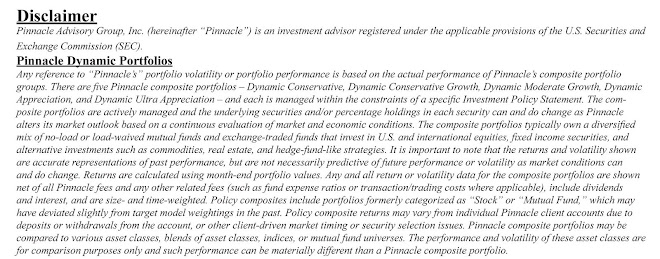You might recall during the height of fear in September 2008, the Securities Exchange Commission halted short selling of financial stocks in an attempt to protect investors and markets. They felt that the integrity of the markets was being questioned and this move would restore equilibrium to markets. You might also recall that financial stocks (as measured by the XLF – financial sector ETF) fell from $18.50 to $6 per share (a 67% decline) from September 2008 to March 2009. It is certainly evident in hindsight that excessive shorting was not the enemy of financial positions. But it’s nice to place blame elsewhere!
Now, it seems that Europe may be heading down the same path. Today, Germany’s financial markets regulator announced that it would ban naked short selling and naked credit default swaps on euro-zone debt, and ban short selling in 10 financial/insurance stocks through March 31, 2011. The reason given for the new rules, as you may have guessed, is that massive short selling has led to excessive price movements which could crash the entire financial system. And apparently they fear that crash could occur in one night, since the ban goes into effect at midnight local time.
It has been pointed out that this is merely a symbolic move by the German regulator because most naked short selling occurs in London which is outside their jurisdiction. However, it highlights the inability of European nations to face the real problem. In 2008 financial stocks were sold due to toxic assets littering their balance sheets, and now Euro bonds are being sold due to fiscal problems and excessive debt loads. And just as the financial stocks in the U.S. continued to fall after the short selling ban in 2008, the market will probably find a way to tell the European leaders that this type of action does not correct the underlying problem of fiscal mismanagement. The euro was down over 1.5% today so I think that message is already coming through.

